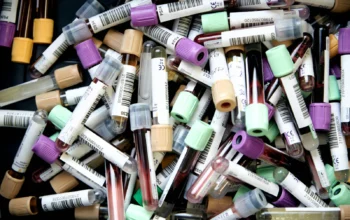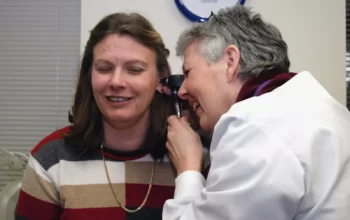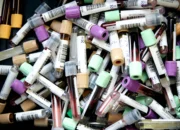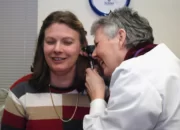middleportal.com – Many adults struggle with symptoms of Attention Deficit Hyperactivity Disorder (ADHD) but never receive a diagnosis. This can leave them feeling frustrated and confused, wondering why they have difficulty focusing, staying organized, or managing time. The good news is that ADHD can be diagnosed and treated effectively at any age. If you suspect you might have ADHD, here’s a guide to getting tested as an adult:
Understanding Adult ADHD
ADHD is a neurodevelopmental disorder characterized by inattention, hyperactivity, and impulsivity. While often diagnosed in childhood, ADHD can persist into adulthood and manifest differently than in children. Adults with ADHD may experience:
- Difficulty concentrating on tasks
- Disorganization and forgetfulness
- Time management problems
- Restlessness or fidgeting
- Impulsive behaviors
- Difficulty completing tasks
Seeking a Diagnosis
There’s no single test for ADHD, but a qualified mental health professional or physician can diagnose it through a comprehensive evaluation. Here’s what to expect:
- Initial consultation: Discuss your symptoms, how they impact your life, and your medical history.
- Evaluation: This may involve a combination of assessments, including:
- Clinical interview: Discussing your childhood and current symptoms in detail.
- Rating scales: Questionnaires completed by you and potentially someone who knows you well (like a spouse or family member) to assess your symptoms.
- Psychological testing: May involve tests that measure attention, focus, and cognitive ability.
Who Can Diagnose Adult ADHD?
Several qualified professionals can diagnose ADHD in adults:
- Psychiatrists: Medical doctors specializing in mental health who can diagnose and prescribe medication.
- Clinical psychologists: Psychologists with expertise in ADHD assessment and treatment.
- Neurologists: Doctors specializing in the nervous system who may be involved if there are concerns about underlying neurological conditions.
- Some primary care physicians: May be able to diagnose and manage ADHD, particularly if they have experience with adult ADHD.
Finding a qualified professional:
- Ask your primary care doctor for a referral to a specialist experienced in adult ADHD diagnosis.
- Search online directories of your health insurance plan for providers who specialize in adult ADHD.
- Mental health professional organizations such as the American Psychiatric Association or the American Psychological Association may offer resources for finding qualified providers.
- Support groups for adults with ADHD can be a valuable resource for information and recommendations for qualified professionals.
Preparing for Your Appointment
To get the most out of your appointment, consider these tips:
- Make a list of your symptoms and how they affect your daily life.
- Gather any relevant medical records, particularly childhood evaluations or reports.
- Prepare questions for the healthcare professional.
- Consider bringing someone who knows you well to share their perspective on your symptoms.
What to Expect After Diagnosis
If you receive an ADHD diagnosis, your healthcare professional will discuss treatment options. These may include:
- Medication: Stimulant medications are often the first-line treatment for ADHD. Non-stimulant medications may also be an option.
- Therapy: Cognitive Behavioral Therapy (CBT) can help develop coping skills and strategies to manage ADHD symptoms.
- Lifestyle changes: Regular exercise, healthy sleep habits, and good organization techniques can significantly improve symptoms.
Getting diagnosed with ADHD can be a life-changing experience. With the right treatment and support, you can manage your symptoms and live a fulfilling life.
Additional Resources
- CHADD (Children and Adults with Attention-Deficit/Hyperactivity Disorder): https://chadd.org/
- National Institute of Mental Health: https://infocenter.nimh.nih.gov/publications/attention-deficithyperactivity-disorder-adults-what-you-need-know
- Additude Magazine: https://www.additudemag.com/












